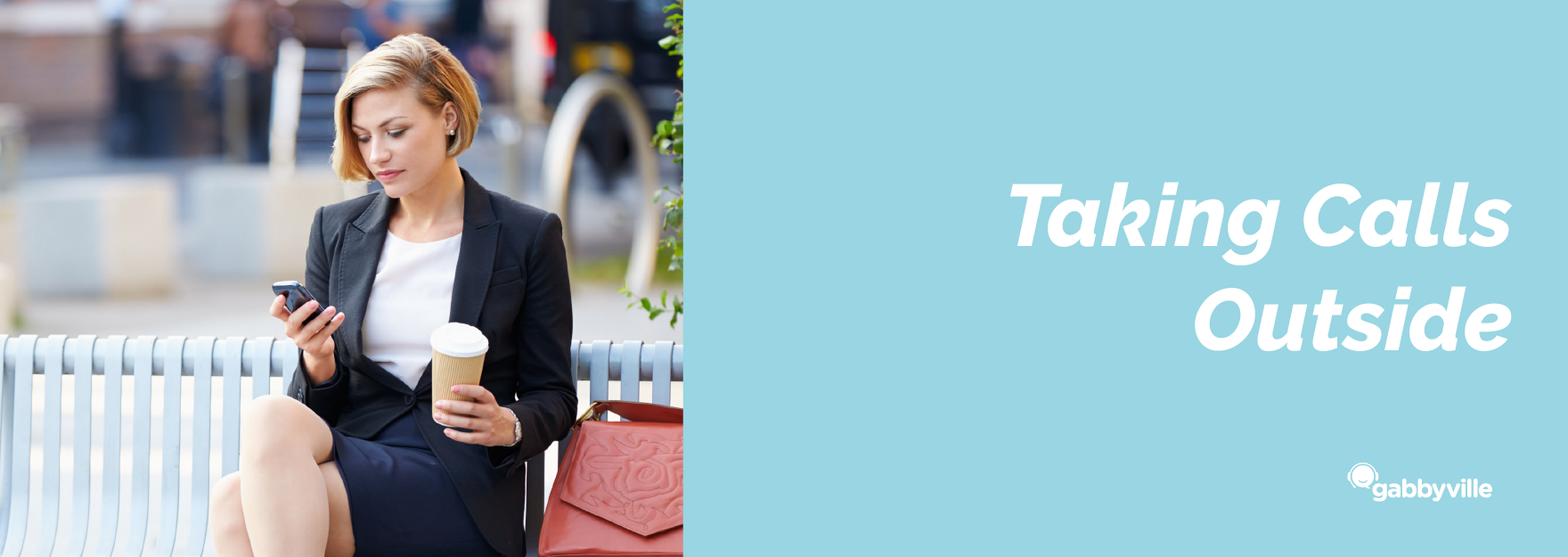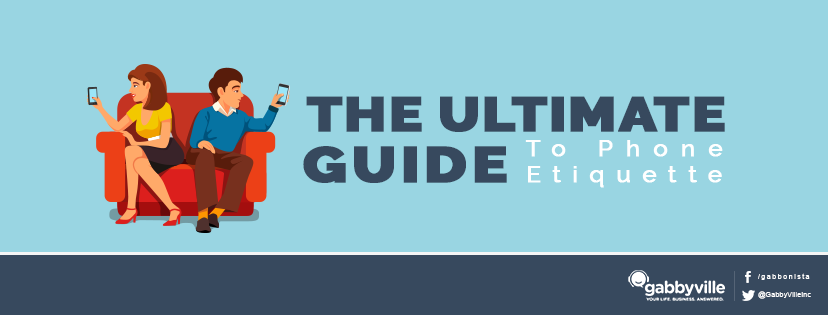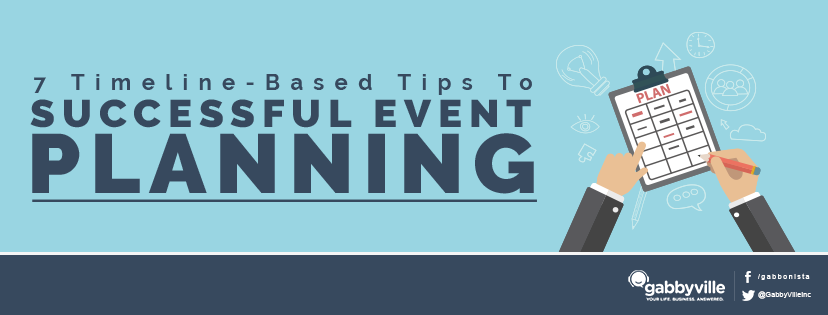“Hello, it’s me. I was wondering if after all these years you’d like to meet,” Adele beautifully croons. Meanwhile, a millennial somewhere on 5th Ave. wonders why anyone would want to pick up the phone to make a call anymore.
Hello, (90’s reference) why not? Phone calls have helped mankind achieve great things.
Watch any political drama and you’re bound to find someone in a suit engaged in a serious phone call, looking all intense, and dropping a gasp-inducing line or two before it cuts to a Super Bowl commercial.
Phone calls are an essential part of our lives. And you’d think that we would have perfected how we make and receive phone calls by now. But alas, we are, after all human. And we need reminding every now and again. And again. And again.
And so we have compiled the ultimate guide to phone etiquette for you good folks (or for that one particular officemate that just absolutely needs constant reminding.)

- Start with a Smile
Nothing beats handling a call with a genuine smile. The party on the other line will always be able to tell if you’re smiling because:
- Your voice quality improves
- You give off a “I want to help” vibe
- You’re simply easier to converse with
So use your facial muscles wisely and smile before you reach for the receiver.
- Keep it Clear and Focused
A clear voice goes a long way. Some would think that it’s obvious not to pick up the phone while eating, drinking, or chomping on gum, but believe us when we say that it happens far too often to not be reiterated.
Also, give your caller your undivided attention. So if Janice from Accounting suddenly wants to chat, politely put the caller on a brief hold and tell Janice that you’ll drop by her cubicle after the phone call. Pro tip: take the courteous route and let the caller hang up first when you’re done conversing.
- Use a Normal Tone of Voice
It’s not easy to talk to someone who uses a tone of voice that rivals nails scratching a chalkboard — so keep your tone positive and relaxed. Some experts suggest using a lower register of one’s normal speaking voice when talking on the phone. Emphasis on “normal speaking voice”. Don’t go fake super bass on your callers or you’ll scare them away.
- Mind the Ring and the Ringer
No, we’re not talking about the one on your hand (that’s for another blog, or maybe a copy of Cosmo). It’s advisable to pick up a call on the second or third ring. Picking up the phone on the first ring may startle your caller, while letting it ring for a long time may cause understandable frustration.
Speaking of all things startling: it’s good that you’ve decided to finally personalize your caller ringtone, but did you really have to choose Sir Mixalot’s “I Like Big Butts”? You can do better than that. Think of the kids. We have faith in you.
- Keep Voicemails and Hold Times Short
Keep your voicemail message short and sweet — if you have a lot to say, consider sending an e-mail instead. Make sure that you talk slow and state:
- Your name
- A very brief explanation of why you’re calling
- Your call back information
If you’re on the receiving end, ask if they’d rather leave a voicemail message before putting them on hold. If they’d rather not, pick up the phone and talk to them every 40-60 seconds. Let them know that a zombie invasion has not happened yet and that there’s a light at the end of the long hold.

- Keep the Volume Low
Remember to respect those around you by not speaking at the top of your lungs while you’re on the phone. It’s not good for your voicebox, and it’s not good for everyone else’s eardrums. Mind the volume when you’re in public. Politely tell your caller that you’ll call back when you’re in a better location.
- Keep Personal Matters Personal
Not everyone — and we can’t seem to stress this enough — wants to hear the full, gory details of your latest office drama or boyfriend woes. So never discuss personal stories, especially when you’re in mass transit, or in enclosed space with other people, like the elevator. It’s better to talk about personal things in private, preferably with a tub or two of your favorite ice cream. And a box or two of your favorite pizzas.
- Keep it Off the Table
Whether you’re eating out on a fancy meal somewhere in Hell’s Kitchen, or enjoying a Big Mac in Brooklyn, never put your phone on the table. Keep it in your bag and remember to put it on silent or vibrate. Remember that there’s life outside your mobile phone, and it may be staring you right in the face, secret sauce charmingly smeared on his or her cheek. If it’s an emergency, politely excuse yourself and take the call away from the table.
- Keep it Away While Driving
Okay, this is an intervention. We care about you and the lives of others. So never, ever talk on the phone while driving. And don’t even get us started on texting while driving. Almost 10 people die and more than a thousand get injured on a daily basis due to distracted driving.
If you absolutely need to call someone, pull over on the side of the road first before reaching for your phone. Your life and the lives of others are more important than the most important phone call you could think of. Yes, that includes a call from the Queen, the POTUS, and Johnny Depp.

- Jot It Down
Before making a call, jot down important questions that you’d need answers to, or vital points that you’d need to discuss. Not only will it save you precious time, but you’ll sound prepared and professional. If you’re taking a message for someone, make sure that it’s as detailed as possible. Politely ask how a name is spelled out (“Would you mind spelling that out for me, please?”) or repeat call back information. Your officemates would love you for it.
- Remember Your Non-Verbals
70% of the time, and that’s a huge chunk by the way, we communicate. And communication is not just about speaking: a large part of it involves non-verbal aspects such as facial reactions and gestures. And unless you’re on a video call, you won’t have access to such non-verbals over the phone. This is where effective listening comes in. Remember to keep focused, give the other party a chance to speak, and don’t interrupt.
- Be Picky About Words
We’ve all been in a situation wherein we need to badly talk to someone over the phone. And we’ve all had to hear “I don’t know,” “I literally have no idea,” or worse, “Who? I don’t know who that is, so, like, I don’t know what to tell you right now? So, yeah, bye.”
Be picky about your choice of words. “I’d be glad to check that for you,” or “Let me see what I can do to help you out. Would you mind if I put you on a brief hold?” sounds way better and more helpful. Treat your callers as royalty, and they’d be doing you the same.
Pro-tip: Go for standards. Yes, not yeah. Phone number, not digits.
- Anticipate Callers’ Needs
Being helpful is a skill that will put you in good stead for the rest of your life, over the phone or otherwise. As you answer calls daily, you’ll get to know regular callers better. And if you let your helpfulness and proactiveness kick in, you’ll be able to anticipate your callers’ needs and be of better assistance. It will save you time, energy, and build better business or personal relationships.
- Manners Maketh Man
Of course, not everyone you speak with on the phone is a saint. From time to time, you’ll get a caller who will be impatient and just plain rude. And no matter how downright villainous the person on the other line is, resist the urge to snap back. Mind your good manners and right conduct. Don’t slam the receiver. Don’t mutter under your breath. And whatever you do, don’t curse!






